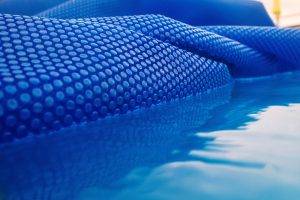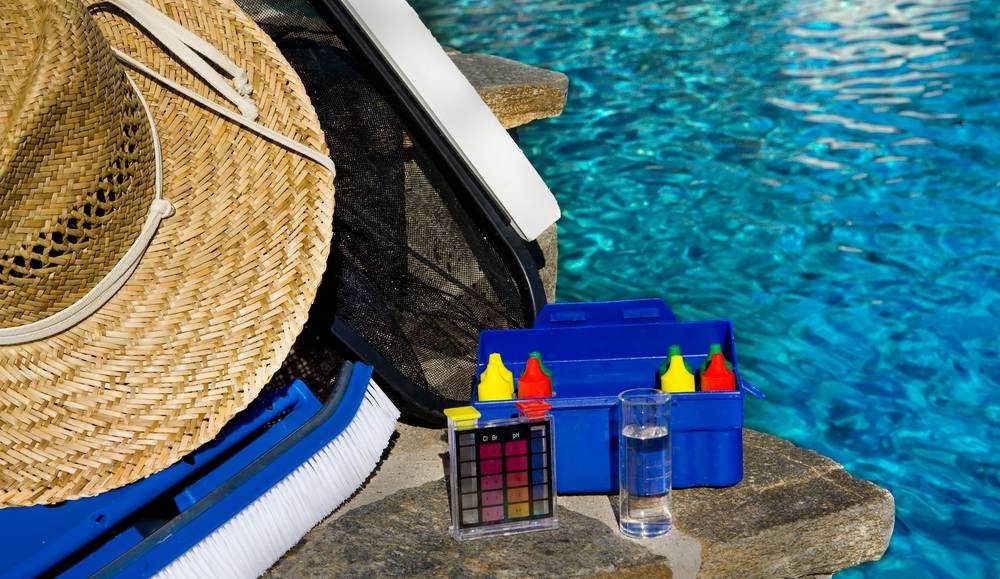I have accepted my pool likes to stay at a higher pH. I use liquid chlorine. So, when I get test results I make sure the CSI is balanced. Because the TA will be 50-60 while pH is 7.8 to 8.0. I test the basics myself often: FC, pH, TA. I'll use Leslie's to keep eye on CYA, metals, PHO. I guess my confidence is not that great. Yesterday, Leslie's results were: FC 2, pH 7.8, TA 43, CH 264, CYA 64, PHO 346, TDS 2000, Iron .1, Cu .2. Is it even possible my TA can be that low with a high pH of 7.8?? And, previous CYA on 10/8/20 was 55 with no use of pucks since September.
I don't know the source of the metals. The results seesaw but never have been above .1 My 5 y/o heater has been out of commission/gas turned off because I have to pay for either the mother board or pad to be replaced. The heater kept firing on. They told me turning the gas off until I get fixed would not hurt the equipment. Is this true anyone?
I am looking for metal removal education, as well as, confidence that as long as the CSI is balanced, I can let the TA be 50-60 while pH is 7.8 to 8.0.
Would appreciate any help.
Paula
I don't know the source of the metals. The results seesaw but never have been above .1 My 5 y/o heater has been out of commission/gas turned off because I have to pay for either the mother board or pad to be replaced. The heater kept firing on. They told me turning the gas off until I get fixed would not hurt the equipment. Is this true anyone?
I am looking for metal removal education, as well as, confidence that as long as the CSI is balanced, I can let the TA be 50-60 while pH is 7.8 to 8.0.
Would appreciate any help.
Paula



